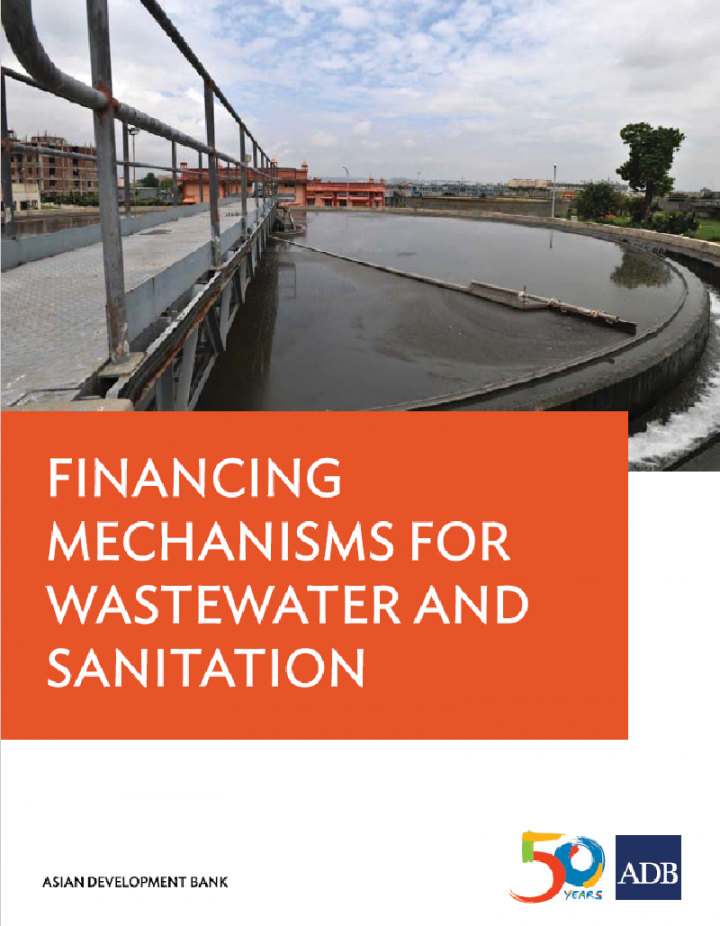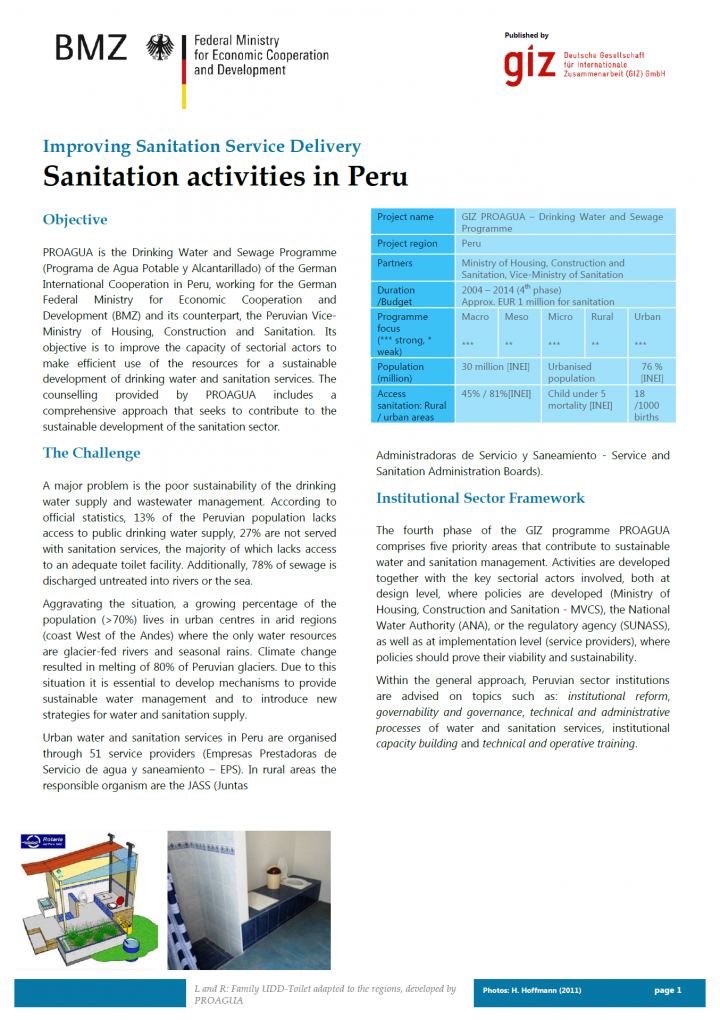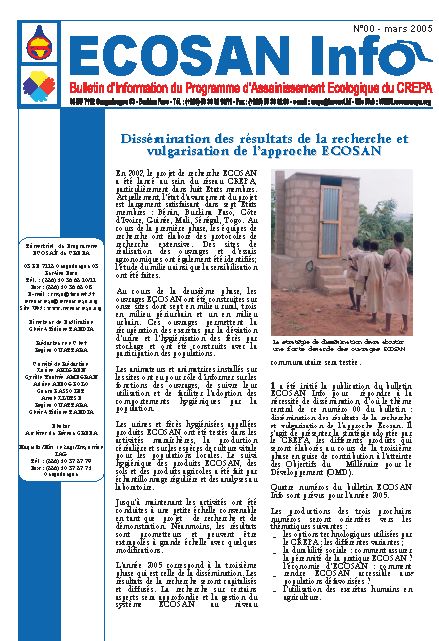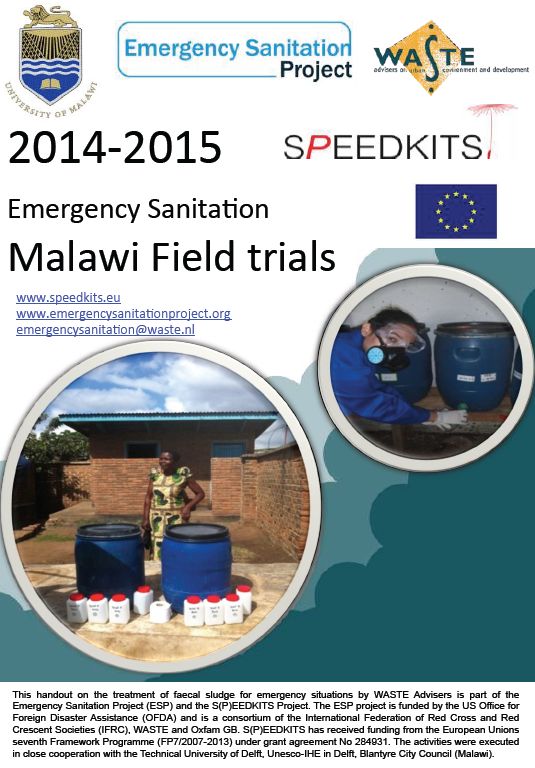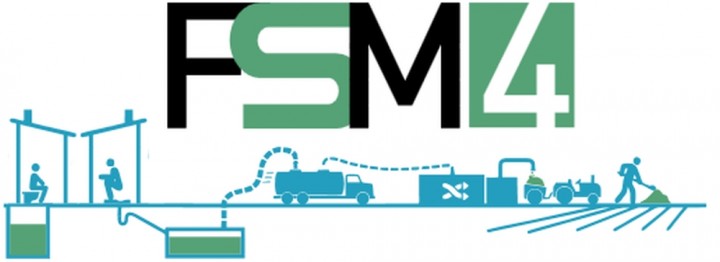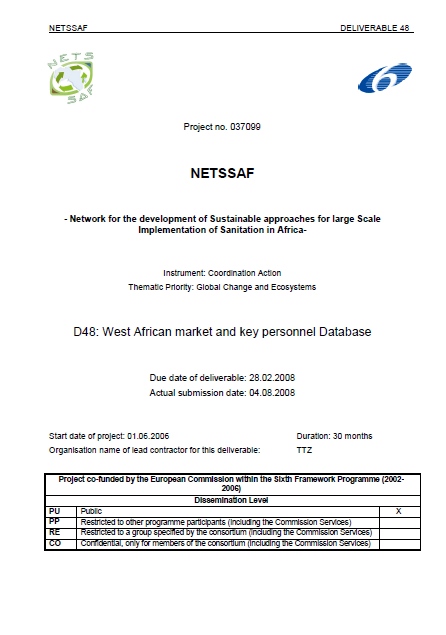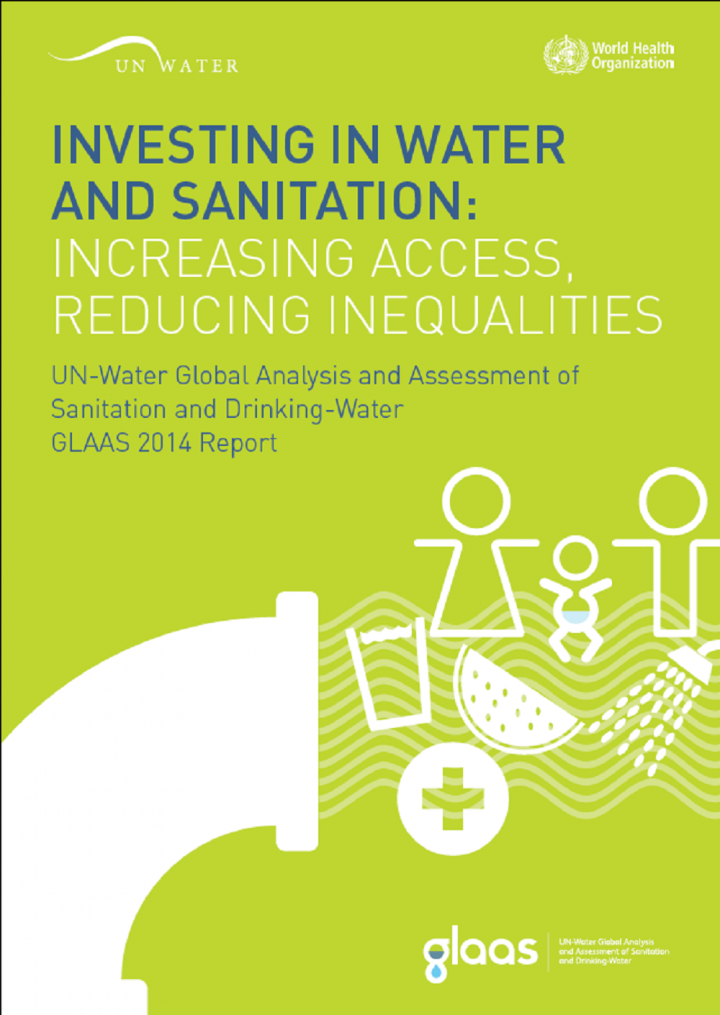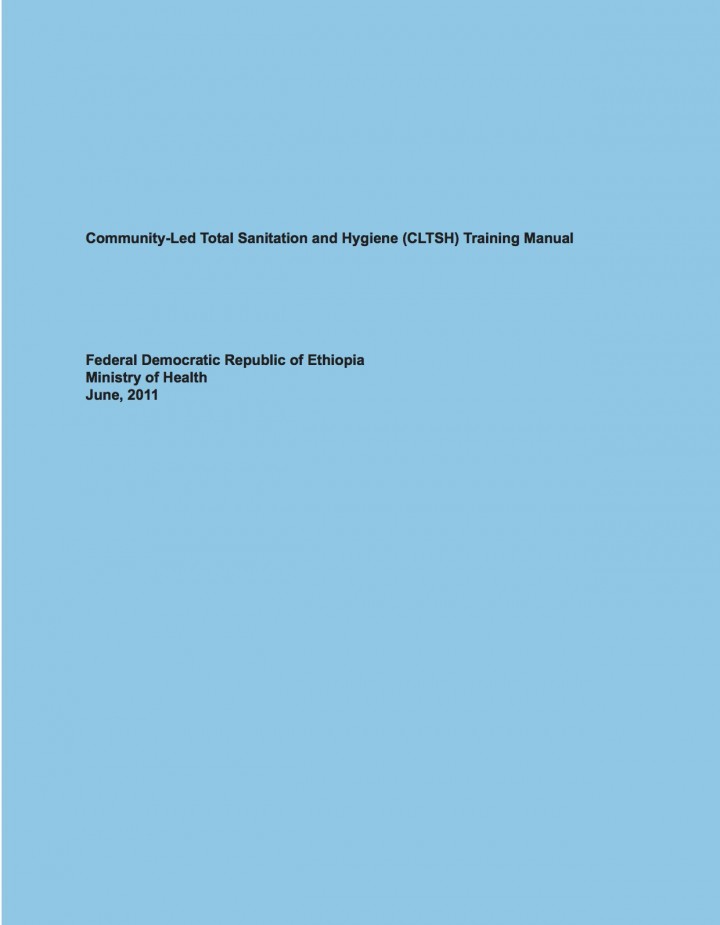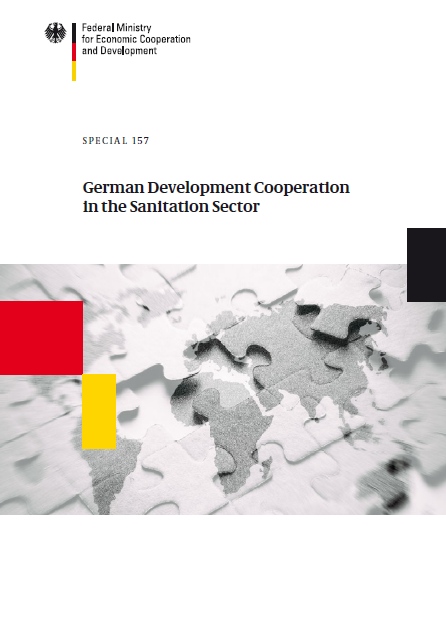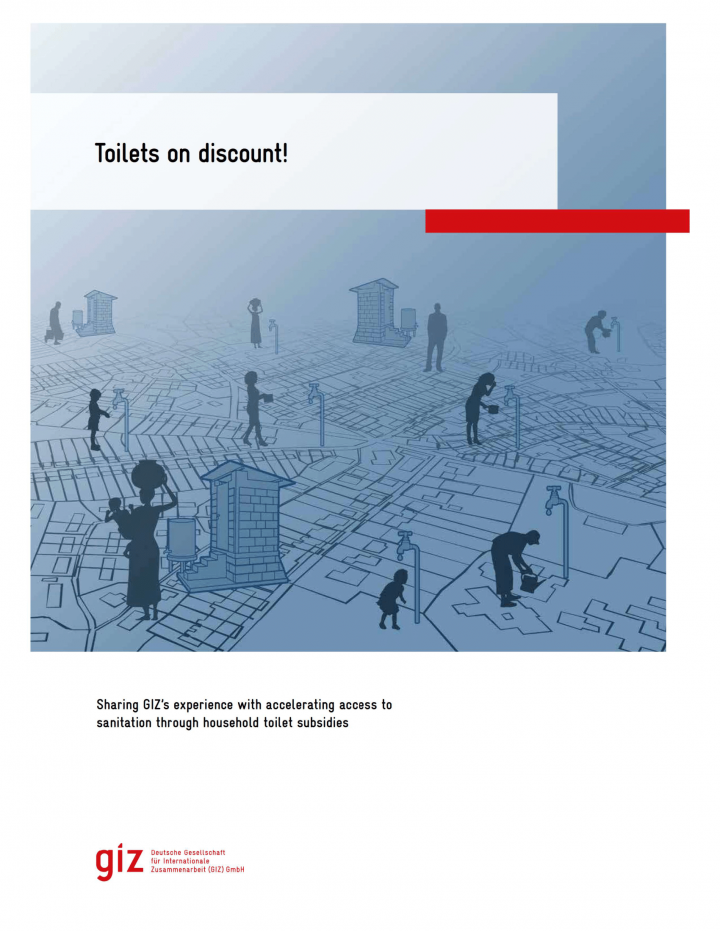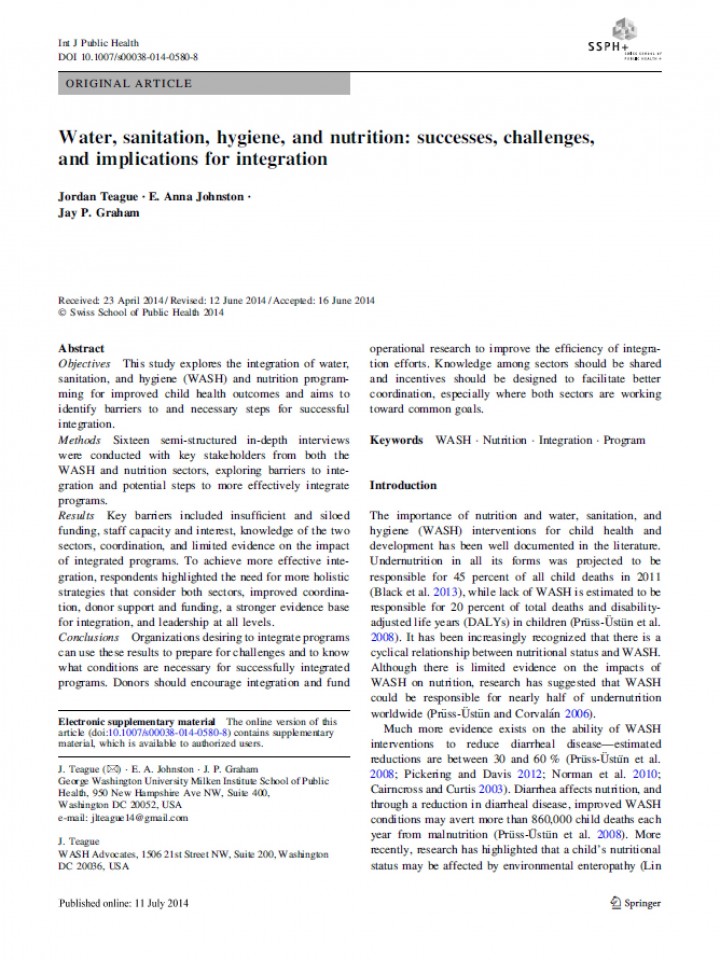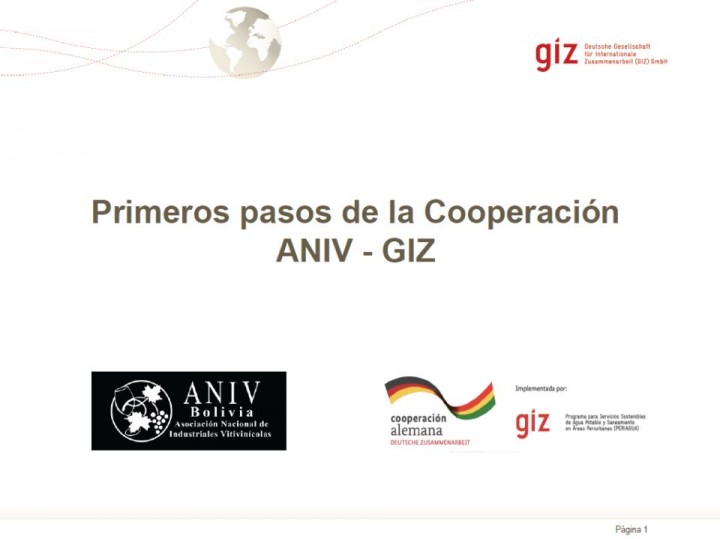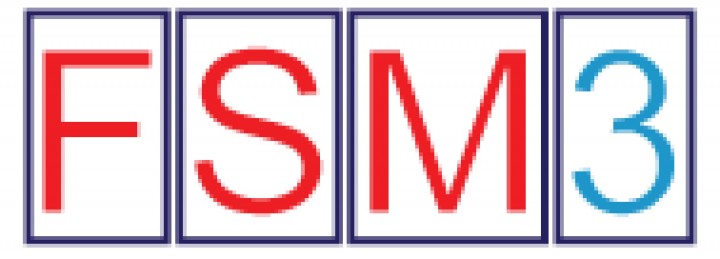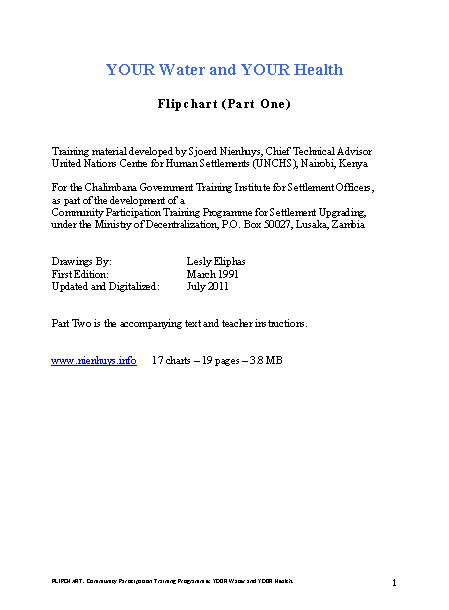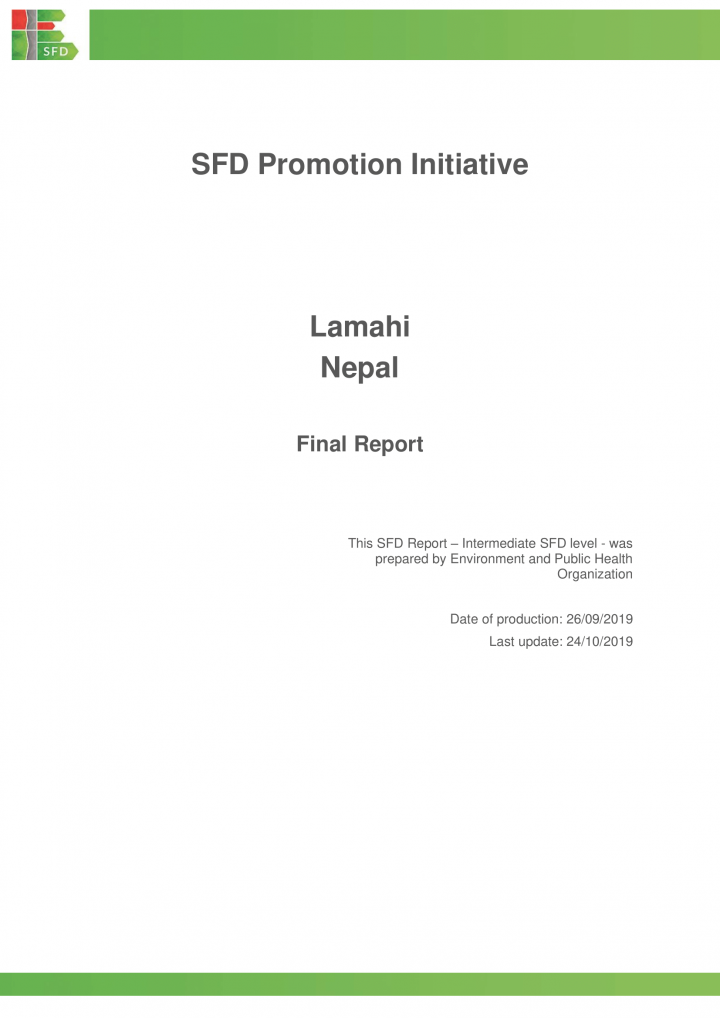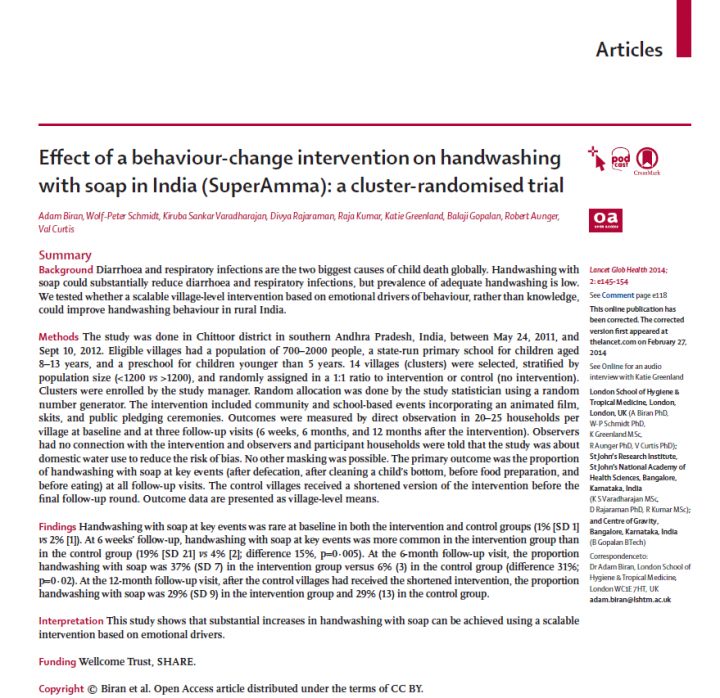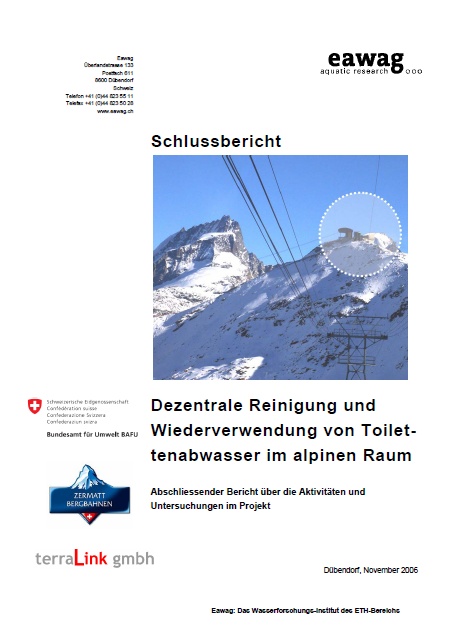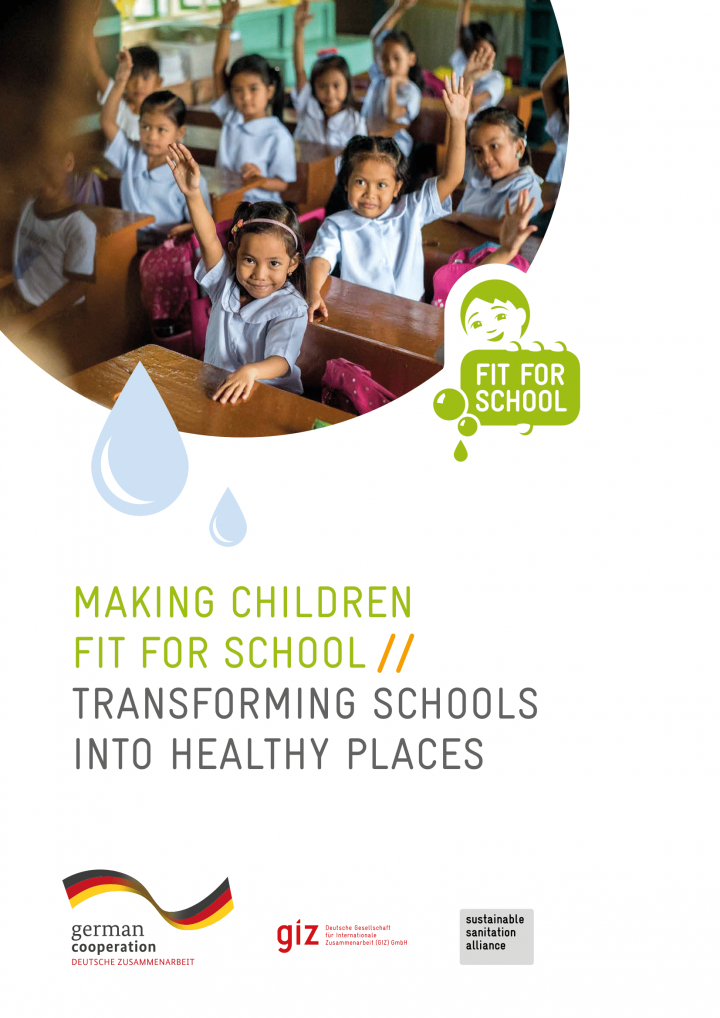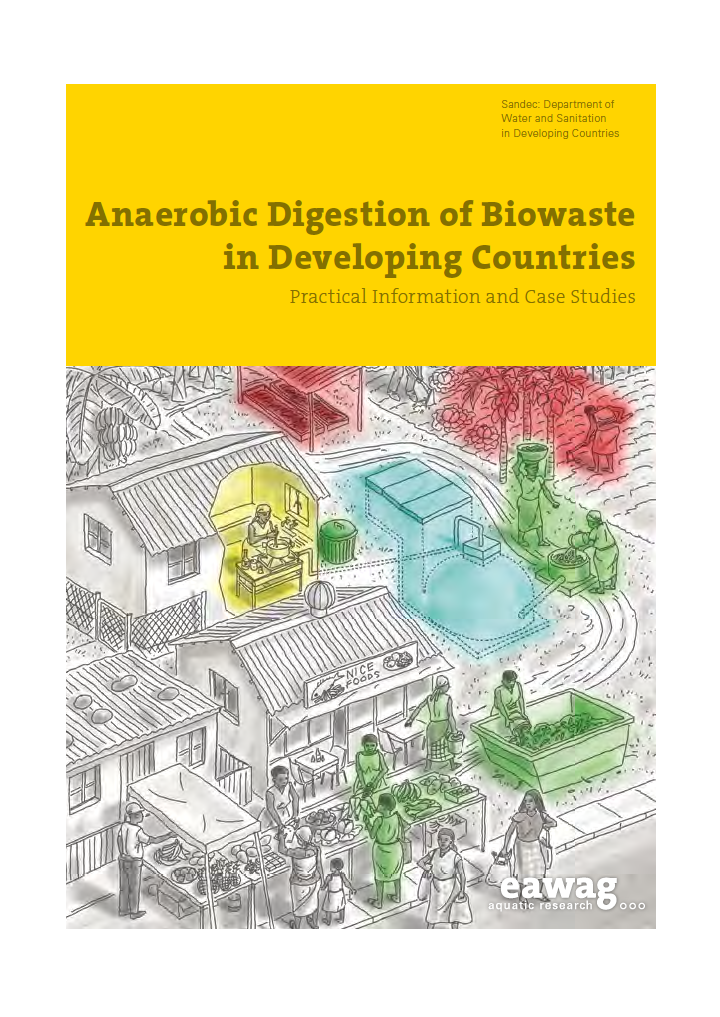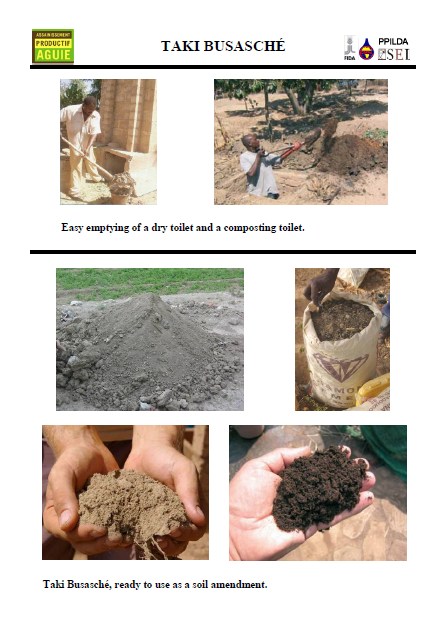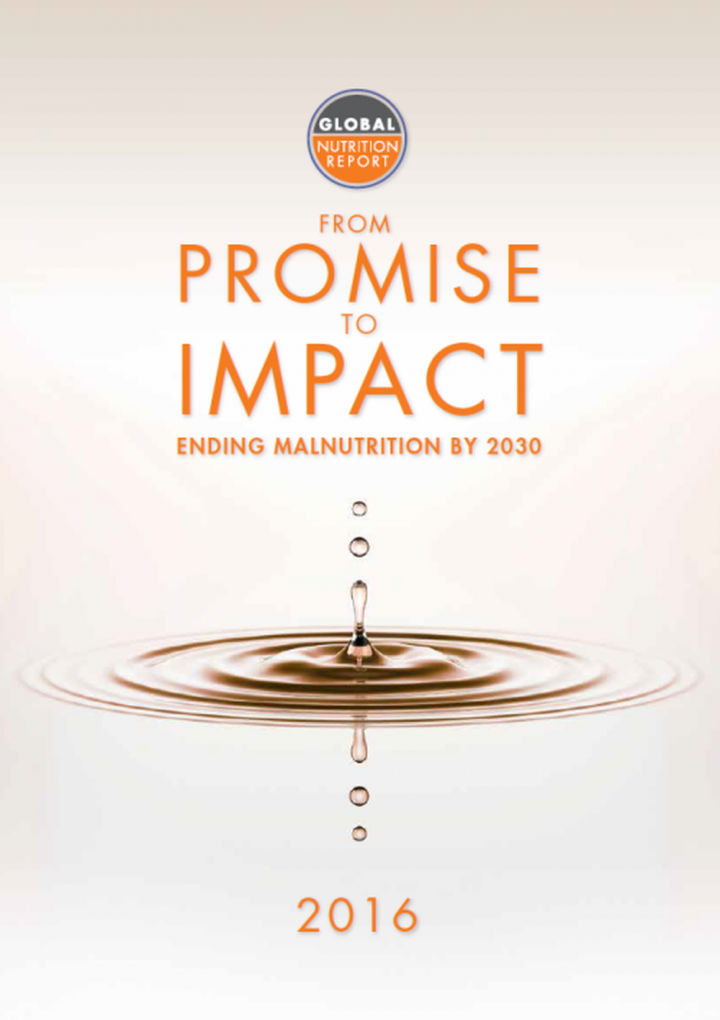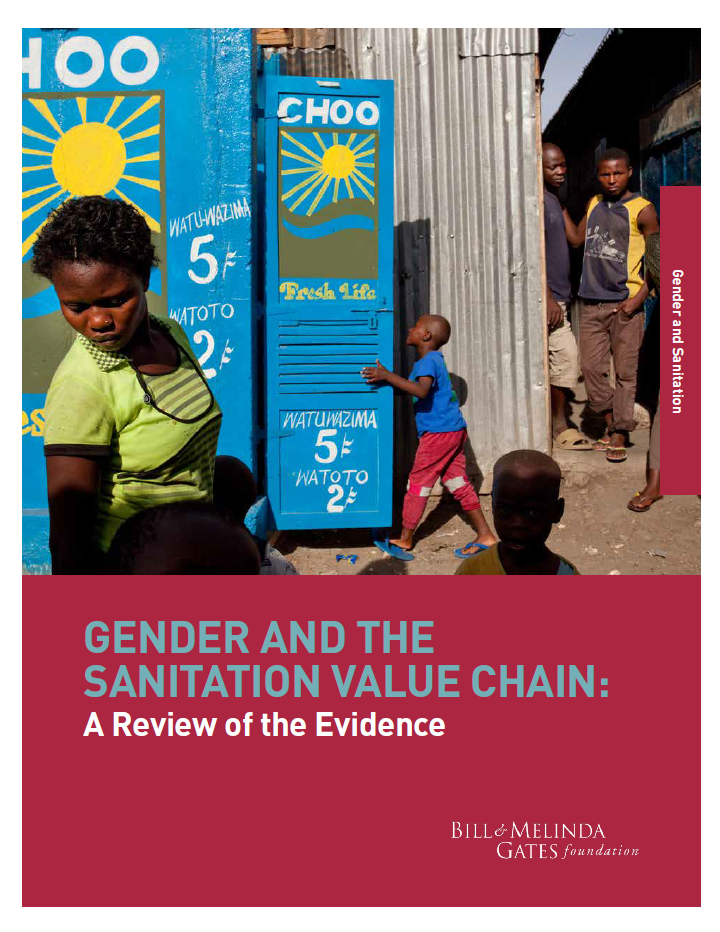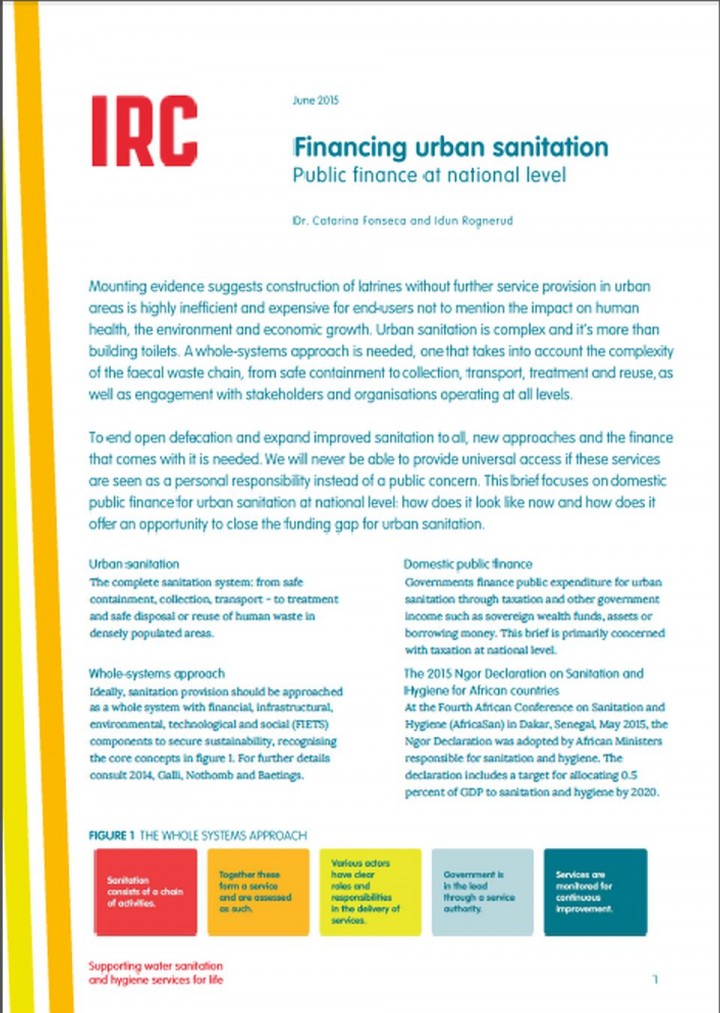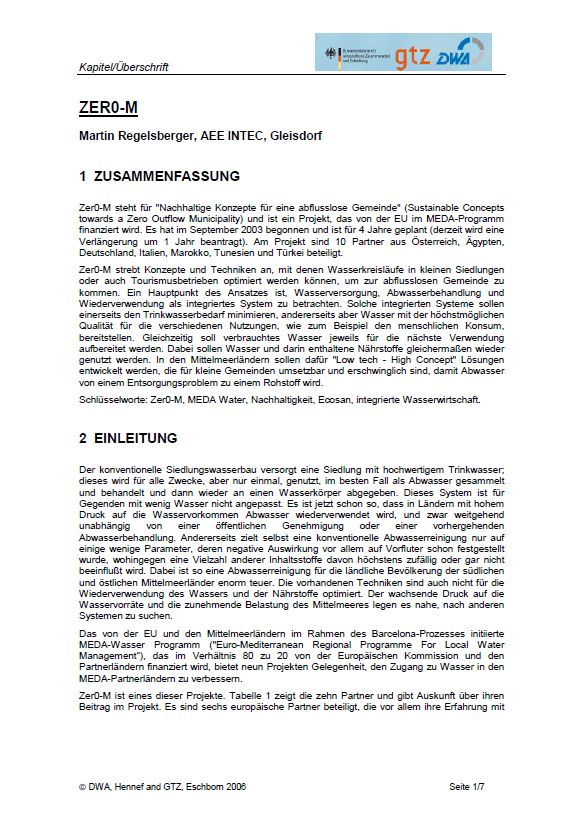Searching for information on Sanitation Workers?
The Sanitation Workers Knowledge + Learning Hub is the best source for all current news, trends, articles and updates on sanitation workers rights around the world.
Financing sewerage and sanitation projects can be in several forms. In Kitakyushu, Japan, the central government provided subsidy to the city government in the construction of sewer lines and wastewater treatment plants. In Alandur, India, the municipality worked with a private sector partner in constructing and operating a sewerage treatment plant. In Dumaguete City, Philippines, the city …
FSM4 was held in Chennai, Tamil Nadu, where the State Government has recently initiated measures to address FSM with regard to policy, regulatory changes, innovative solutions, and pilots. FSM4 focused on innovative and practical solutions that can be scaled up, including three tracks: research, case studies, and industry & exhibition.
Find below in chronological order the presentations held …
The heart of the program is about “triggering” or “igniting” communities to change their hygiene and sanitation habits, namely by constructing and using latrines instead of defecating in the open. In Ethiopia, CLTS was the precursor to CLTSH, a modified version that has an added hygiene component. As with its predecessor, CLTSH functions without subsidies and has as its primary goal the …
The debate on subsidies has recently resurfaced in the context of the ambitious Sustainable Development Goal to achieve universal access to safely managed sanitation and the very significant funding gap to achieve this. The water and sanitation sector has always been highly subsidized, yet those subsidies mostly flow into support for existing customers rather than extension of services to the …
Objectives: This study explores the integration of water, sanitation, and hygiene (WASH) and nutrition programming for improved child health outcomes and aims to identify barriers to and necessary steps for successful integration.
Methods: Sixteen semi-structured in-depth interviews were conducted with key stakeholders from both the WASH and nutrition sectors, exploring barriers to integration …
The workshop presented the overarching framework of the WSP FSM study, and focused on key diagnostic tools being developed by GIZ, Emory University and WSP. These tools are designed to: track faecal waste flows (SFDs), assess public health risks (SaniPATH) and assess economic outcomes of interventions (ESI). By using a mix of presentations, case study-based group work and open discussion, the …
Lamahi municipality is located in Dang district of province number 5, Nepal. The municipality covers an area of 327 square kilometres along the stretch of East-West highway in the country. The municipality is home to 47,655 people as per census 2011. The municipality is divided into 9 wards. The municipality has declared open defecation free zone in 2014.
The municipality lacks sewer networks …
Diarrhoea and respiratory infections are the two biggest causes of child death globally. Handwashing with soap could substantially reduce diarrhoea and respiratory infections, but prevalence of adequate handwashing is low. Through this research it was tested whether a scalable village-level intervention based on emotional drivers of behaviour, rather than knowledge, could improve handwashing …
The F4S approach uses the school setting to support the institutionalization of health-promoting behaviour of children. This includes washing hands with soap, brushing teeth with fluoride toothpaste, daily cleaning of sanitary facilities, etc. The measures in schools include a clear set of rules for routine group activities, simple infrastructural measures such as group washing facilities and …
Research on anaerobic digestion solutions for low - and middle-income countries has shown that there is a wealth of knowledge and experience with small- and medium-scale digesters built in rural areas where manure from a few cattle and some household waste is used as feedstock. However, anaerobic digestion still seems to play a negligible role as a treatment option in urban settings for organic …
The Global Nutrition Report is the only independent and comprehensive annual review of the state of the world’s nutrition. It is a multipartner initiative that holds a mirror up to our successes and failures at meeting intergovernmental nutrition targets. It documents progress on commitments made on the global stage, and it recommends actions to accelerate that progress.
The Global …
The gender and sanitation value chain report is the first in a series of evidence reviews commissioned by the Bill & Melinda Gates Foundation to highlight how gender influences development outcomes across sectors. This report seeks to uncover the evidence on gender differences in the sanitation value chain to show why gender matters across this sector. It includes an assessment of gender …

